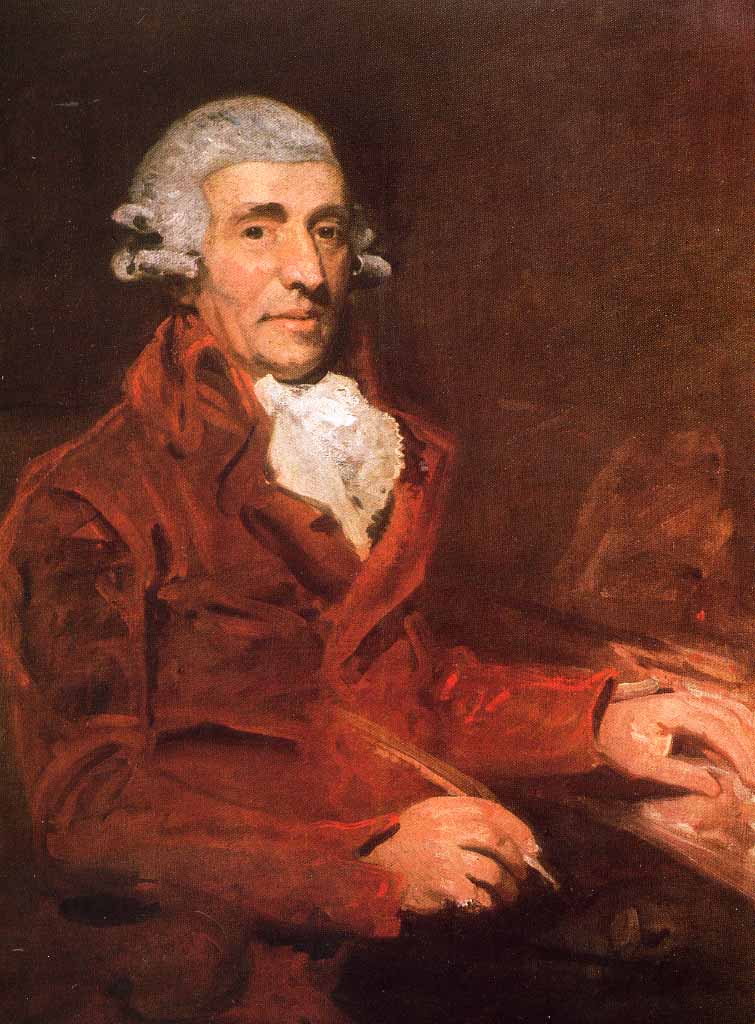
Joseph Haydn
Franz Joseph Haydn ( , ; 31 March 173231 May 1809) was an Austrian composer of the Classical period. He was instrumental in the development of chamber music such as the string quartet and piano trio. His contributions to musical form have le ...
was a prolific composer of the
classical period. He is regarded as the "father of the
symphony
A symphony is an extended musical composition in Western classical music, most often for orchestra. Although the term has had many meanings from its origins in the ancient Greek era, by the late 18th century the word had taken on the meaning c ...
" and the "father of the
string quartet
The term string quartet can refer to either a type of musical composition or a group of four people who play them. Many composers from the mid-18th century onwards wrote string quartets. The associated musical ensemble consists of two violinist ...
" for his more than 100 symphonies and almost 70 string quartets. Haydn also produced numerous
opera
Opera is a form of theatre in which music is a fundamental component and dramatic roles are taken by singers. Such a "work" (the literal translation of the Italian word "opera") is typically a collaboration between a composer and a libr ...
s,
masses,
concerto
A concerto (; plural ''concertos'', or ''concerti'' from the Italian plural) is, from the late Baroque era, mostly understood as an instrumental composition, written for one or more soloists accompanied by an orchestra or other ensemble. The typ ...
s,
piano sonatas and other compositions. Haydn's works were catalogued by
Anthony van Hoboken
Anthony van Hoboken (; ; 23 March 1887 – 1 November 1983) was a Dutch musical collector, bibliographer, and musicologist. He became especially well known for his scholarship on the music of Joseph Haydn and in particular for being the crea ...
in his
Hoboken catalogue. Unlike most other catalogues which sort works chronologically, the Hoboken catalogue sorts by musical genre.
Symphonies
Overtures
Divertimentos in 4 and more Parts
String Quartets
Unlike the majority of Haydn's compositions which are known by their Hoboken numbers, his string quartets are best known by their
opus number
In musicology, the opus number is the "work number" that is assigned to a musical composition, or to a set of compositions, to indicate the chronological order of the composer's production. Opus numbers are used to distinguish among compositi ...
.
Divertimentos in 3 Parts
String Trios
Various Duos
Concertos for various instruments
Marches
Dances
Works for various instruments with Baryton
Trios for Baryton, Violin or Viola and Cello
Duos with Baryton
Concertos for Baryton
Divertimentos with keyboard
Piano Trios
Keyboard Duos
Keyboard sonatas
Keyboard pieces
Keyboard for 4 hands
Keyboard concertos
Pieces for mechanical clock
Versions of The Seven Last Words of Christ and Stabat Mater
Oratorios
Masses, Requiem and Libera me
Other sacred works
Cantatas and arias with orchestra
Songs with 2, 3, and 4 parts
Songs and cantatas with keyboard
Sacred and secular canons
Operas
Marionette operas and musical comedies
Incidental music
Folksong arrangements
Pasticcios
Notes
{{Haydn
**
Compositions
Composition or Compositions may refer to:
Arts and literature
*Composition (dance), practice and teaching of choreography
*Composition (language), in literature and rhetoric, producing a work in spoken tradition and written discourse, to include v ...
Haydn, Joseph
